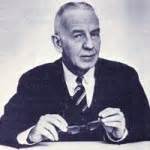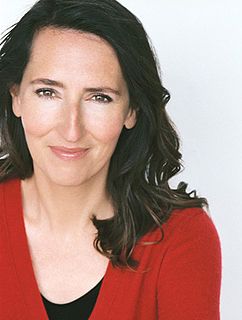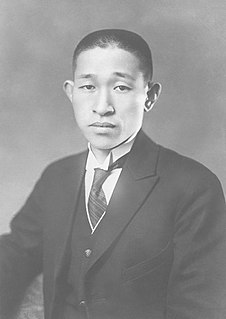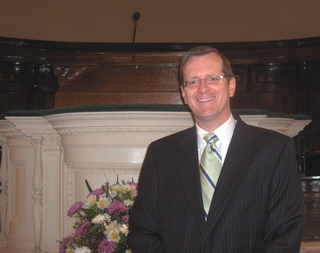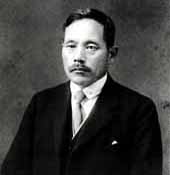A Quote by John Mason Brown
The only true happiness comes from squandering ourselves for a purpose.
Quote Topics
Related Quotes
Certainly I believe that God gave us life for happiness, not misery. Humanity, I am sure, will never be made lazy or indifferent by an excess of happiness. Many persons have a wrong idea of what constitutes true happiness. It is not attained through self-gratification but through fidelity to a worthy purpose. Happiness should be a means of accomplishment, like health, not an end in itself.
Love of country cannot be a supersized version of individual narcissism. True love of country-of this country-is love of our children, of a creed that promises them a better life before it promises us anything, and embraces the sacrifices needed to make that better life. True love of country is giving ourselves to a cause and a purpose larger than ourselves. And that cause is to make liberty worth having, to make the pursuit of happiness deeper than the quest for personal pleasure, and to leave a legacy of progress and possibility.
Lenten practices of giving up pleasures are good reminders that the purpose of life is not pleasure. The purpose of life is to attain to perfect life, all truth and undying ecstatic love - which is the definition of God. In pursuing that goal we find happiness. Pleasure is not the purpose of anything; pleasure is a by-product resulting from doing something that is good. One of the best ways to get happiness and pleasure out of life is to ask ourselves, 'How can I please God?' and, 'Why am I not better?' It is the pleasure-seeker who is bored, for all pleasures diminish with repetition.
It is when we create things for God's sake that our work most clearly promotes His glory, rather than threatening to compete with it. Thus the true purpose of art is the same as the true purpose of anything: it is not for ourselves or for our own self-expression, but for the service of others and the glory of God.
When I look at what the world does and where people nowadays believe they can find happiness, I am not sure that that is true happiness. The happiness of these ordinary people seems to consist in slavishly imitating the majority, as if this were their only choice. And yet they all believe they are happy. I cannot decide whether that is happiness or not. Is there such a thing as happiness?
